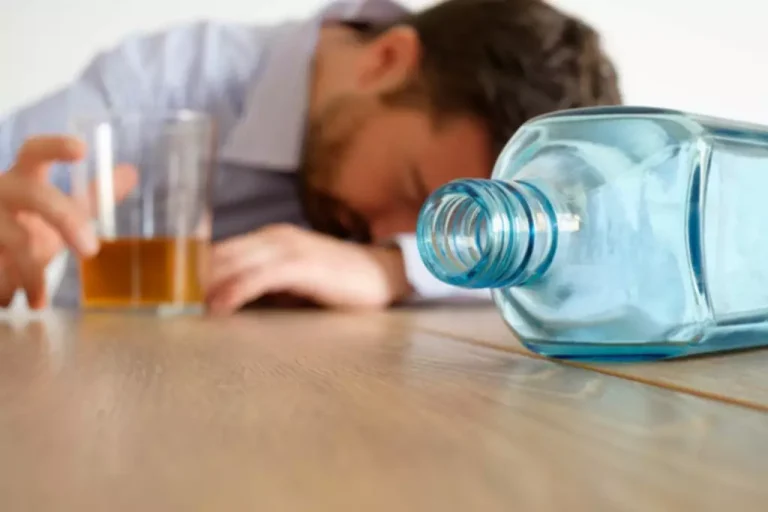
I know that there are others who have experienced a similar change when they’ve come to understand the nature of addiction. And I know that there are much more desperate to find their way to the place you are now. Once your loved one has left rehab or stopped doing drugs for a significant period of time, they’re considered a person in recovery. This means they’re still vulnerable to relapses, so it’s important to continue offering support and building trust so your loved one can come to you if they feel the urge to use substances again. If you have a loved one who battles addiction, you know firsthand the painful price of your love. You likely feel infinitely helpless as you watch someone you care for battle this stubborn opponent.
Lovingly Detaching from Someone with Substance Use Disorder
Read on to learn how to overcome the challenges that can occur when living with a loved one with addiction, along with how to care for them — and yourself. Living with other people always calls for balance and understanding to create a safe and harmonious household. When it comes to living with someone with an addiction, though, such goals may be a bit more challenging. At the loving an addict same time, don’t assume you know everything about the person’s addiction simply because you do research. Each person with addiction is a unique individual with their own experience. Addiction is so stigmatized in our society that people with this type of disorder often expect others to criticize, insult, belittle, and reject them—which can be a barrier to their recovery.
Treatment and recovery
It is possible to overcome codependent behaviors and build up your self-worth and independence. Finding support is often https://ecosoberhouse.com/ the first step to honoring your own needs. It may take a hurtful event to recognize a codependent relationship.

What is love addiction?
To understand love addiction, it’s crucial to differentiate between healthy love and addictive patterns. Healthy love is characterized by mutual respect, trust, and a balance between independence and togetherness. On the other hand, love addiction often involves a loss of self, an intense fear of being alone, and a willingness to endure harmful or abusive behavior to maintain the relationship. The concept of emotional addiction is closely related, highlighting the broader impact of addictive behaviors on our emotional well-being. It can be challenging to navigate a relationship with someone struggling with substance use disorder.

Coping With Love Addiction
There are several types of therapy and ways of accessing therapy. You may wish to consider speaking with a mental health professional who is able to help you develop a plan for reducing the impact of love addiction on your life. Experts explain that people who experience feelings of love addiction may be dealing with issues of childhood trauma and fear of abandonment. Perhaps most importantly, recovery from love addiction involves a journey of self-discovery and self-love. Learning to validate oneself, pursue personal interests, and find fulfillment outside of romantic relationships are all crucial steps in breaking the cycle of love addiction.
Don’t Accept Unacceptable Behavior
- On the other hand, love addiction often involves a loss of self, an intense fear of being alone, and a willingness to endure harmful or abusive behavior to maintain the relationship.
- Although the causes may vary, a commonality of love addiction may be a false notion that your romantic partner will save you.
- The attention lavished on them can bring on a desire to control their mate by maintaining the upper hand.
- We publish material that is researched, cited, edited and reviewed by licensed medical professionals.
- You want to help your loved one with addiction in any way you can, but you can’t control exactly how they do it.
Symptoms of Substance Use Disorders

- It can often be easy to take a backseat to your mental health while trying to support someone you love struggling with substance use disorder.
- Psychotherapy or talk therapy is often the first treatment for love addiction, but its efficacy has not been adequately investigated.
- The possibilities are endless when you learn to care for your needs.
- If you meet someone and they make you feel like a better version of yourself, it can become addictive to want more of that feeling.
- Other consequences may include the onset of severe emotional pain following a breakup.
- Setting boundaries and practicing tough love can help you from enabling your loved one’s behaviors while allowing you to care for yourself.
- Saying “no” is an important first step toward change — for you, as well as for the addict.
